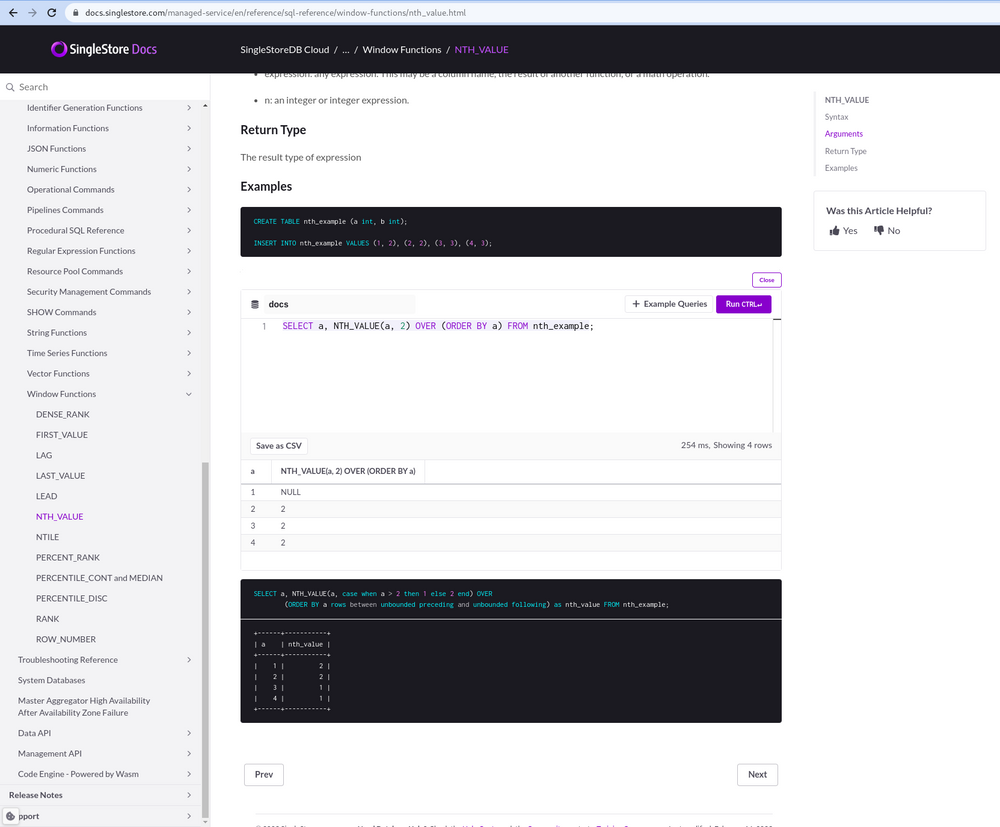Building a PLG Content “Machine” In Your Organization
Product-led growth (PLG) has been gaining momentum in developer tooling in recent years (it was already popular for consumer-facing products before). The idea behind PLG is simple: instead of relying on traditional sales and marketing techniques, businesses focus on allowing the product to drive growth. In this blog post, I want to dive into the production of PLG content for an organization's various PLG experiences (with a strong focus in developer tools).
PLG content can take many forms, including product demos, tutorials and case studies. These types of content are typically designed to showcase the value and benefits of the product and help customers understand how it can meet their needs. PLG content can also be used to encourage existing customers to refer others, which can help to accelerate growth through word-of-mouth marketing.
In this blog post, I'll be walking you through three different examples of strong PLG content generation. These are all from the database space (the industry in which I've been operating for the past few years at SingleStore).
- Case Study #1: Crunchy Data's Postgres Tutorials (very interesting use of WebAssembly and of Notion as a CMS!)
- Case Study #2: SingleStoreDB Query Playground (free and easy to use product playground)
- Case Study #3: PlanetScales's "MySQL for Developers" Course (very high quality course provided for free)
Case Study #1: Crunchy Data's Postgres Tutorials
In August of 2022, Crunchy Data announced a Postgres Tutorials experience that runs entirely in the browser (Postgres was compiled to WASM in order to power this, which is really astounding 😲). Crunchy Data sells a managed Postgres experience and they are strong believers in "Just Postgres", so these tutorials make perfect sense for them as a way to get their brand more exposure.
It is also completely free and no sign up is required (and furthermore, no data is collected in order to access it). And there are multiple different tutorials available. It's really a fantastic experience. Of course, Crunchy Data made quite a buzz when they announced this and got 814 points in their Hacker News entry for this, which is quite notable.
What's more, the Crunchy Data team is actually using Notion as a CMS, which I find to be absolutely brilliant. This enables many people inside Crunchy Data to easily contribute to their tutorials. This is the secret sauce for PLG content. You need to make it ridiculously easy for everyone inside the organization to contribute (whether these folks are in Engineering, Sales Engineering, Marketing or other departments).
There is other sweet stuff in the workflow, all of our tutorials are powered by a notion doc, a mix of a SQL file, the tutorial content, and few other pieces for easy collaboration and publishing. pic.twitter.com/qdih7zr5Sp
— Craig Kerstiens (@craigkerstiens) August 17, 2022
Case Study #2: SingleStoreDB Query's Playground
At SingleStore, we've recently announced a public Query Playground that anybody can use to try SingleStoreDB for free without signing up and also without having to provide any data.

The idea of this playground is that anybody can try our product for free with as little friction as possible.
And just like in Case Study #1, we are trying to make it as easy as possible for others to contribute to the content. Shortly after announcing the Playground, an engineer from the Solutions Engineering Team reached out and he was able to add his own sample data and SQL queries to the Playground. And he also wrote a blog post about it!
Finally, this Playground was also adopted by our Docs Team to make our documentation interactive:

As you can see in the screenshot above, our Query Playground is now embedded in various documentation pages to make the experience of learning about SingleStoreDB even better.
Case Study #3: PlanetScales's "MySQL for Developers" Course
In March 2023, PlanetScale launched an online course titled "MySQL for Developers" which immediately became trendy on Hacker News (462 points!). This course contains more than eight hours of video content that is extremely high-quality, and it is all provided for free.
One interesting bit about this course that's also applicable in Case Study #1 is that PlanetScale is not the only managed MySQL offering out there (and Crunchy Data is one of many managed Postgres offerings too). However, these companies are providing this content free of charge because it ultimately drives awareness amongst developers.
Fortunately, the author of this course shared the story behind the creation of this course, and it is really quite interesting:
🎉 The MySQL for Developers course is live! 🎉
— Aaron Francis (@aarondfrancis) March 21, 2023
It's over 7 hours long, split into 64 videos, across 4 different sections:
• Schema
• Indexes
• Queries
• Examples
It's everything a developer needs to know about MySQL.
It's also completely free!https://t.co/RUO0T5X1Yg
Conclusion
The most important takeaway that I want folks to retain is that companies can't just build PLG experiences. It's also important to democratize PLG content creation within an organization. It has to be extremely easy for different people in various areas of the company to contribute to the PLG content.
As always, feel free to reach out on Twitter if you have any thoughts to share with me.